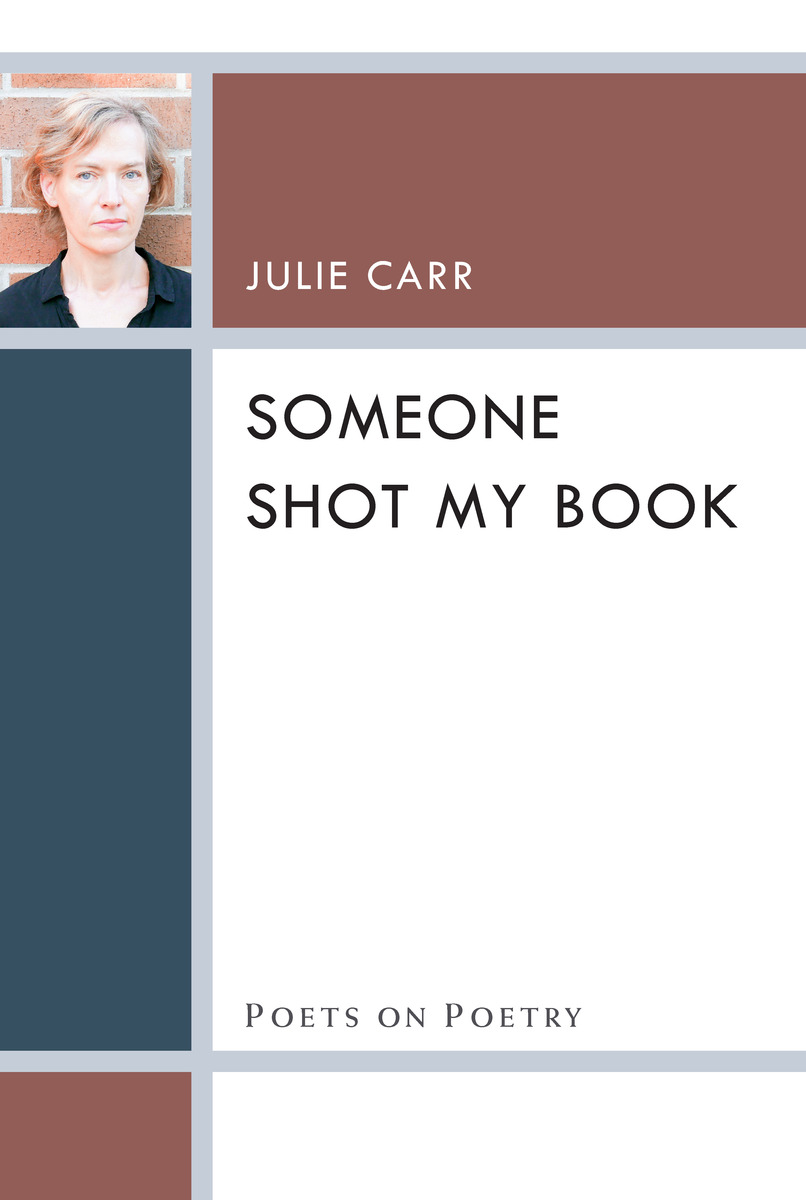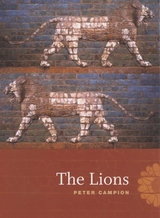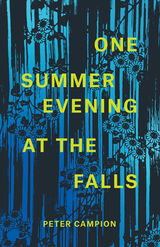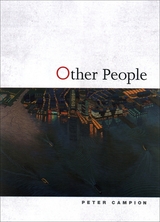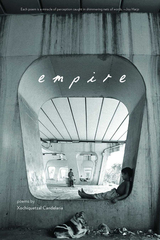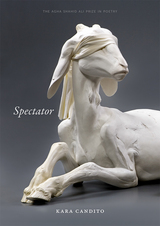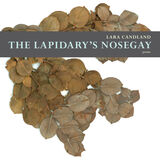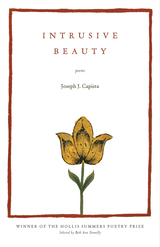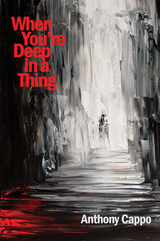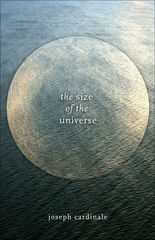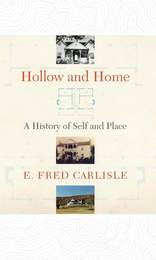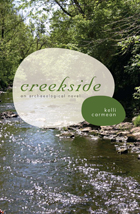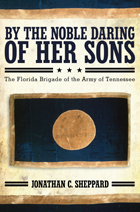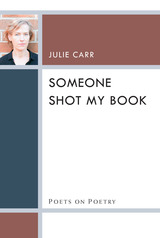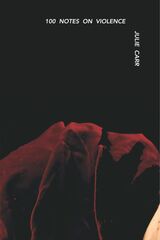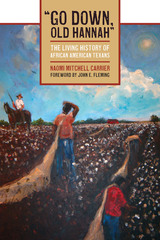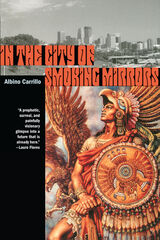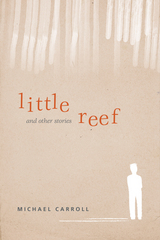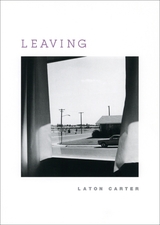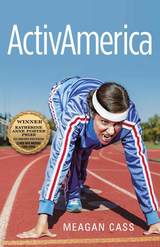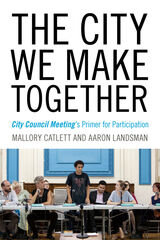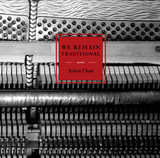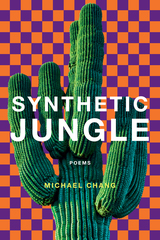Someone Shot My Book
University of Michigan Press, 2018
Paper: 978-0-472-03720-9 | eISBN: 978-0-472-12384-1
Library of Congress Classification PS3603.A77425A6 2018b
Dewey Decimal Classification 814.6
Paper: 978-0-472-03720-9 | eISBN: 978-0-472-12384-1
Library of Congress Classification PS3603.A77425A6 2018b
Dewey Decimal Classification 814.6
ABOUT THIS BOOK | AUTHOR BIOGRAPHY | REVIEWS | TOC | REQUEST ACCESSIBLE FILE
ABOUT THIS BOOK
Approaching the practices of reading and writing from a feminist perspective, Julie Carr asks vital ethical questions about the role of poetry—and of art in general—in a violent culture. She addresses issues such as the art of listening, the body and the avant-garde, gun violence, police brutality, reading and protest, and feminist responses to war in essays that are lucid, inventive, and informed by a life lived with poetry. Essays on poets Lorine Niedecker, Jean Valentine, Anne Carson, Lyn Hejinian, and Lisa Robertson detail some of the political, emotional, and spiritual work of these forerunners. A former dancer, Carr also takes up question of text, dance, performance, and race in an essay on the work of choreographer, writer, and visual artist Ralph Lemon and poet Fred Moten.
Carr’s essays push past familiar boundaries between the personal/confessional and experimental/conceptual strains in American poetry. Pressing philosophical inquiries into the nature of gender, motherhood, fear, the body, and violence up against readings of twentieth- and twenty-first-century poets, she asks us to consider the political and affective work of poetry in a range of contexts. Carr reports on her own practices, examining her concerns for research and narrative against her investment in lyric, as well as her history as a dancer and her work as curator and publisher. Carr’s breadth of inquiry moves well beyond the page, yet remains grounded in languages possibilities.
Carr’s essays push past familiar boundaries between the personal/confessional and experimental/conceptual strains in American poetry. Pressing philosophical inquiries into the nature of gender, motherhood, fear, the body, and violence up against readings of twentieth- and twenty-first-century poets, she asks us to consider the political and affective work of poetry in a range of contexts. Carr reports on her own practices, examining her concerns for research and narrative against her investment in lyric, as well as her history as a dancer and her work as curator and publisher. Carr’s breadth of inquiry moves well beyond the page, yet remains grounded in languages possibilities.
See other books on: American | Carr, Julie | Literary Criticism | Poetry
See other titles from University of Michigan Press
